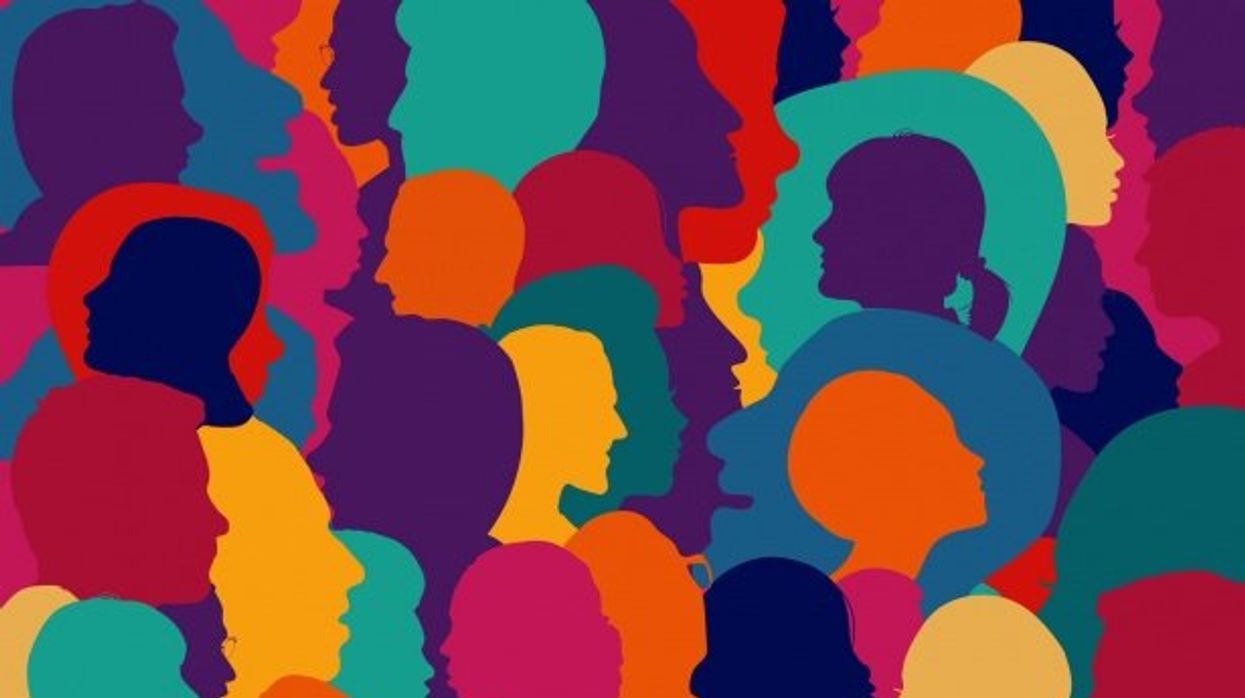Anusha Harid-Paoletti, the CEO of Ellevate Network.
Ellevate’s mission is to “make work, work for all” and to create a world where everyone belongs by helping women thrive at work.
I spoke with Anusha on a recent episode of Fulcrum Democracy Forum (FDF). The program engages citizens in evolving government to better meet all people's needs. Consistent with the Fulcrum's mission, FDF strives to share many perspectives to widen our readers' viewpoints.
- YouTubewww.youtube.com
Anusha shared that Ellevate has a reach of 200,000 plus women globally. "We have 50+ corporate sponsors that we (Ellevate) speak to," she said. "Where we have standing to speak to is what is needed in the workplace for everyone who earned their spot to truly succeed."
In February, the Fulcrum published a column by Anusha titled Even Without The Acronym, Diverse Workforces Thrive. In our conversation, she shared how data does not support President Donald Trump’s executive orders against diversity, equity, and inclusion in government. She noted, for example, that "Boards that have gender diversity are 27% more likely to outperform financially."
Anusha immigrated to the US with her family from India after spending her childhood in the United Kingdom and Dubai.
A graduate of The Wharton School at the University of Pennsylvania, she worked in financial services at Goldman Sachs for 10 years until launching a financial technology company in 2017. "Innovation happens because you are constantly interacting with the best and the brightest from all backgrounds. I live in New York City. I feel that way about my city as well. Diversity is intertwined with success," she said.
If you have a suggestion for a change leader I should profile in an upcoming episode of the Fulcrum Democracy Forum, please email me at Hugo@thefulcrum.us.
I am the executive editor of the Fulcrum and a board member of the Bridge Alliance Education Fund, the parent organization of The Fulcrum. I am also the publisher of the Latino News Network and an accredited solutions journalism trainer with the Solutions Journalism Network.




















Trump & Hegseth gave Mark Kelly a huge 2028 gift